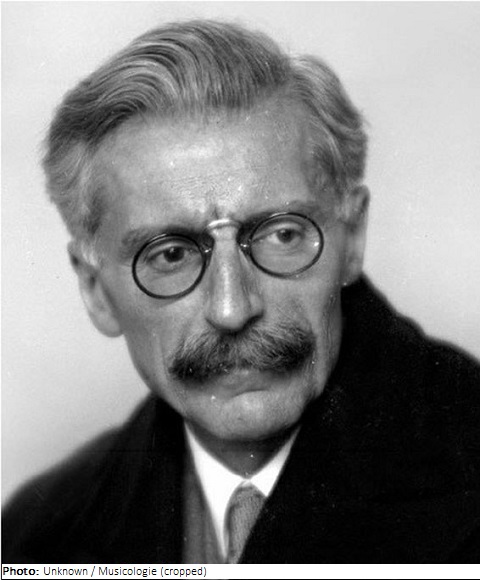
| Roles | Referee |
|---|---|
| Sex | Male |
| Full name | Louis François Marie•Aubert |
| Used name | Louis•Aubert |
| Born | 19 February 1877 in Paramé, Saint-Malo, Ille-et-Vilaine (FRA) |
| Died | 9 January 1968 (aged 90 years 10 months 18 days) in Paris XVIe, Paris (FRA) |
| NOC |  France France |
Standing out by his soprano voice, Louis Aubert entered the Paris Conservatory at an early age. There he studied piano, theory, and composition, the latter under [Gabriel Fauré]). Some of his better-known works were the opera La Forêt bleue (The Blue Forest) and particularly his symphonic poem La habanera. Advocating for the independence of French music, his compositions reveal the general influence of Claude Debussy (1862-1918) and Maurice Ravel.
While Aubert continued to work as a composer with a fondness for vocal music, he also devoted much time to music criticism. He published the books L’Orchestre (1951) and Notice sur la vie et les travaux de Gustave Charpentier (The life and works of Gustave Charpentier, 1956). In 1956, he was also made a member of the Institut de France succeeding Charpentier and two years later elected as president of the Société nationale de musique succeeding Florent Schmitt. The Officer of the Order of Arts and Letters died almost forgotten.
| Games | Sport (Discipline) / Event | NOC / Team | Phase | Unit | Role | As | |
|---|---|---|---|---|---|---|---|
| 1924 Summer Olympics | Art Competitions |  FRA FRA |
Louis Aubert | ||||
| Music, Open (Olympic) | Final Standings | Judge |